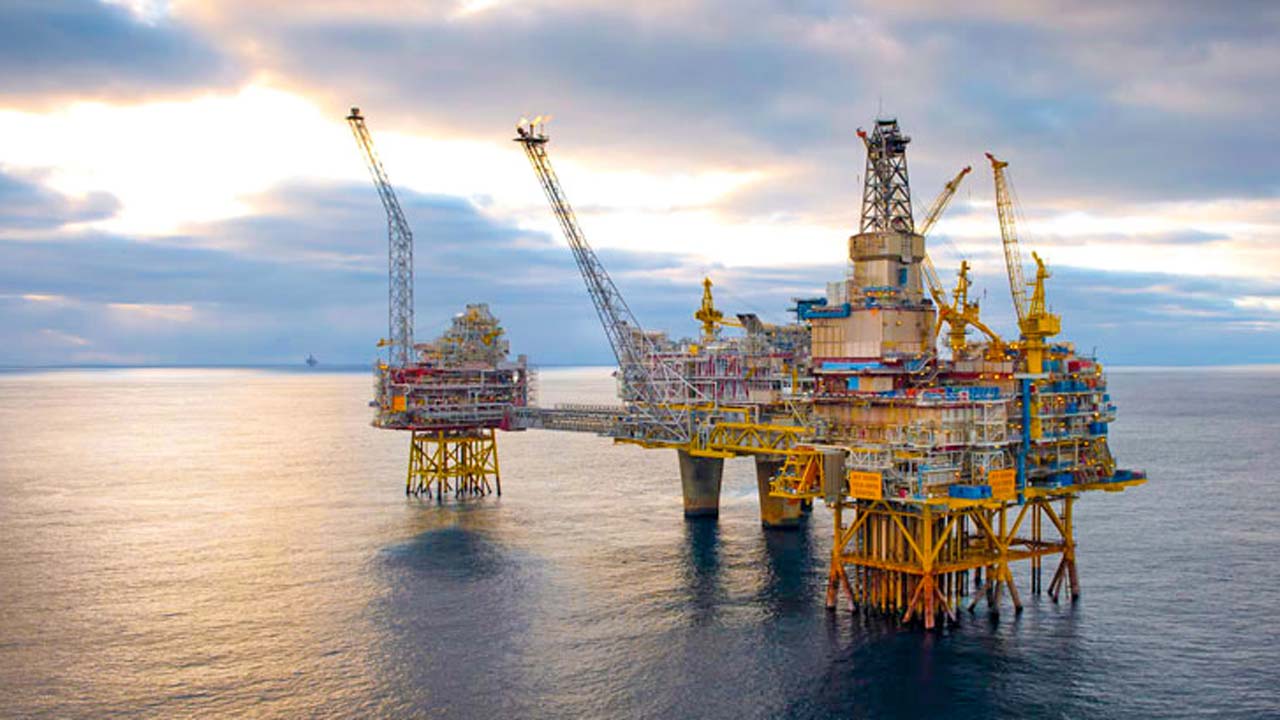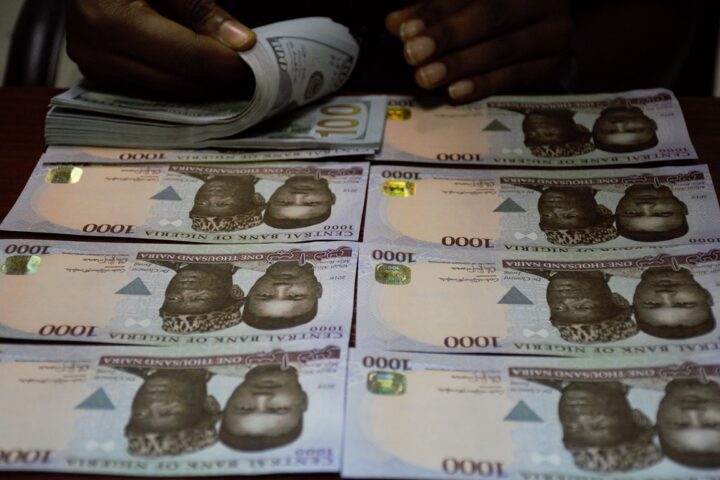The Nigerian Midstream and Downstream Regulatory Authority (NMDPRA) has released six regulations to support sustainable growth and investment in the midstream and downstream sectors.
The unveiling ceremony took place on Wednesday at the headquarters of the NMDPRA in Abuja.
The new laws include the midstream and downstream petroleum operations regulations, petroleum measurement regulations, and assignment or transfer of licence and permit regulations.
Others are natural gas pipeline tariff regulations, gas pricing, domestic demand and delivery regulations, and petroleum (transportation and shipment) regulations.
Advertisement
Farouk Ahmed, NMDPRA’s chief executive officer, said in addition to the six regulations, 14 others have been developed and will soon be issued.
He said the Petroleum Industry Act (PIA) 2021 established a framework for the development of the regulations.
The NMDPRA boss said the regulations have been designed to foster industry expansion through regulatory clarity, fairness, transparency, and industry best practices.
Advertisement
“I would like to commend all our stakeholders who contributed to the development of these regulations,” he said.
“In particular, my thanks go to the Authority’s Regulations Drafting Team who worked tirelessly to deliver on this critical assignment.
“The Authority remains committed to collaborating and engaging with our industry stakeholders whilst promoting transparency and accountability, in the implementation of these regulations.”
OBJECTIVES OF THE REGULATIONS
Advertisement
Joseph Folorunsho, NMDPRA secretary/legal adviser, said the objectives of the regulations include overseeing the operations of companies in both midstream and downstream sectors.
He said the regulations will provide penalties for non-compliance as well as procedures for the issuance of licenses, permits, authorisations, and payment of fees.
Folorunsho said the assignment or transfer of license and permit regulations applies to all midstream processing facilities, including terminals, pipelines, and blending infrastructure.
Commenting on the petroleum measurement regulations, Folorunsho said it would assist in ensuring accurate measurement and allocation of gas (or its derivatives) and crude oil (or its derivatives).
Advertisement
“The objective of the Petroleum Measurement Regulations is to ensure accurate measurement on allocation of gas and crude oil and ensuring installation of appropriate measurement by company and metering of oil and gas operations,” he said.
“Gas Pricing and Domestic Demand Regulations regulates retail gas pricing, prices of marketing natural gas of the strategic sectors, and identifies the unregulated market and makes provisions.
Advertisement
“Petroleum (Transportation and Shipment) Regulations regulates activities relating to transportation loading, shipment and export of crude oil. It prohibits illegal and unauthorised crude oil activities, among others.”
He added that the petroleum (transportation and shipment) regulations are expected to curtail crude oil theft and illegal activities, whereas natural gas pipeline tariff regulations provide a framework for tariff methodology and transportation of natural gas.
Advertisement
Add a comment






